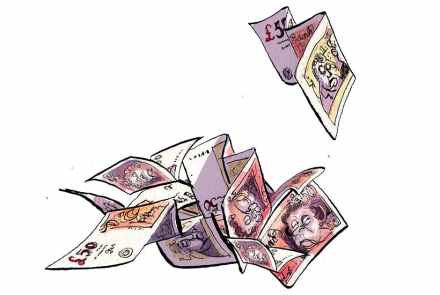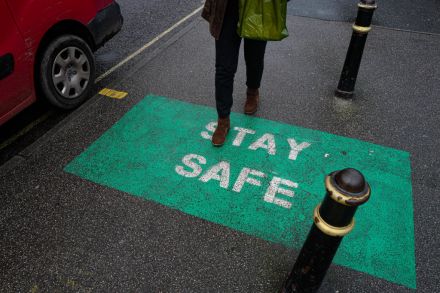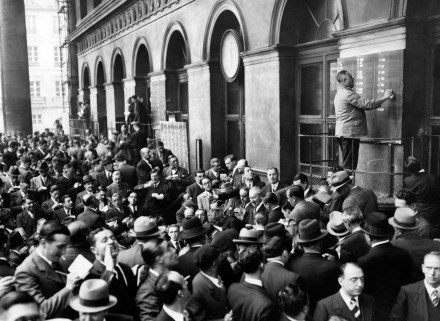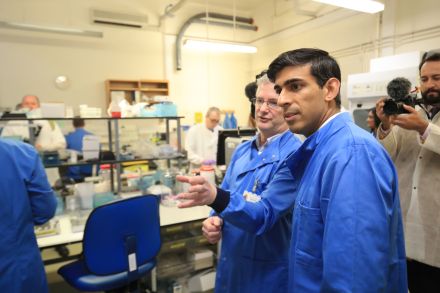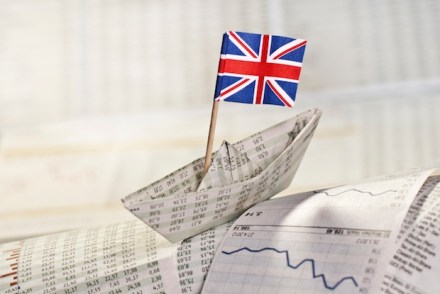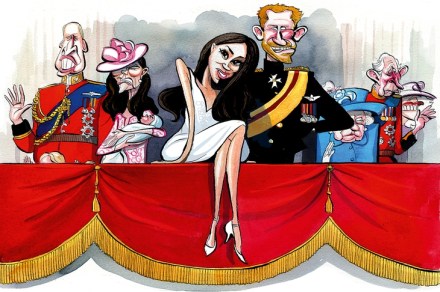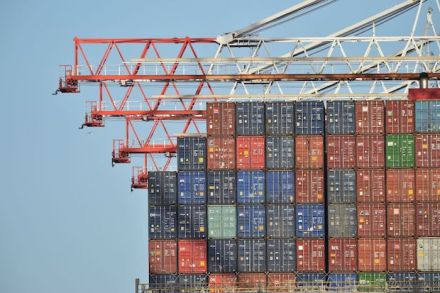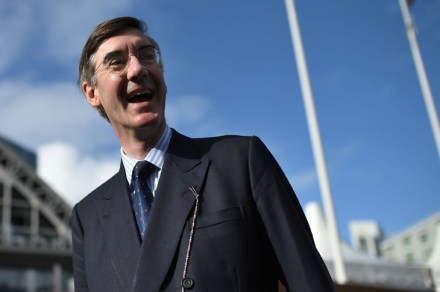A windfall tax would only hurt our weakened economy
The calls for tax hikes is ramping up. Last December the Wealth Tax Commission recommended a ‘one-off’ 5 per cent levy on the assets of Britain’s wealthy to pay for the growing costs of Covid-19. In January Oxfam followed suit, using its yearly inequality report to call for big taxes on wealth and high incomes. Now, it’s the International Monetary Fund’s turn, recommending not only a temporary income tax hike for high earners, but also a windfall tax — that is, a tax on ‘excess profits’ — on businesses that faired well and profited during the pandemic. The concept of wealth taxes on individuals is bad enough. Over the past
